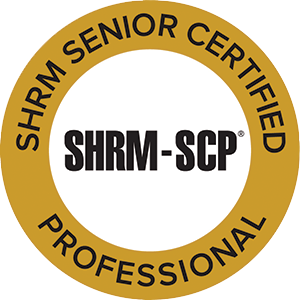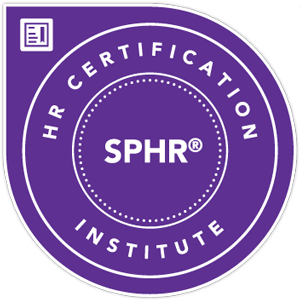It happens to everyone. If it hasn’t happened to you yet, it will. Some leaders and managers are great at their jobs, but stink at interviewing for key talent. As a can didate, an unskilled interviewer can set you up for a disadvantage if you are not prepared for it.
didate, an unskilled interviewer can set you up for a disadvantage if you are not prepared for it.
Handling Awkwardness
Some interviewers think of questions as it comes to them. Or they have not thoroughly read through your documents in advance so they are asking questions you feel they should know. Some are terrible at small talk or trying to make the candidate feel comfortable.
In these situations, always be courteous and polite. Ask the interviewer some questions about the job and company. When appropriate, follow up on how you can perform the task or describe relevant past experience you had that could help the company.
I always coach clients that silence is ok because thoughts have to be collected or maybe notes need to be made. However, there is a limit to silence when it just starts feeling uncomfortable. In this situation, practice your approachability. Smile and expand on any answers you may have given before. You can also ask if they would like more examples when you have completed a certain task. Don’t appear to be bored or frustrated.
Answering Questions Not Asked
Sometimes the interviewer does not ask the right questions to showcase your skills. If that’s the case, be prepared to add a little extra information about your skill set into each answer.
Another great idea is to research the position in advance and ask a question directly related to the position description that you can give a great answer to. For example, say something along the lines of, “I noticed in the posted job description, you want someone with experience with specific programs. Tell me how those are used within the company.” When the interviewer is finished, then inform them about the experience you had with that program and how you utilized it. Tell the interviewer that the more understood their needs for the position, the more you feel that position is for you.
You don’t always get the chance to put your best foot forward in these situations before you leave. If that happens, follow up with a phone call or an email. You may inform them that after reflecting on the position more, you felt it was beneficial that they knew a specific piece of information about you when selecting the right candidate for the role. Make sure your closing comments reflect you are the best candidate.







